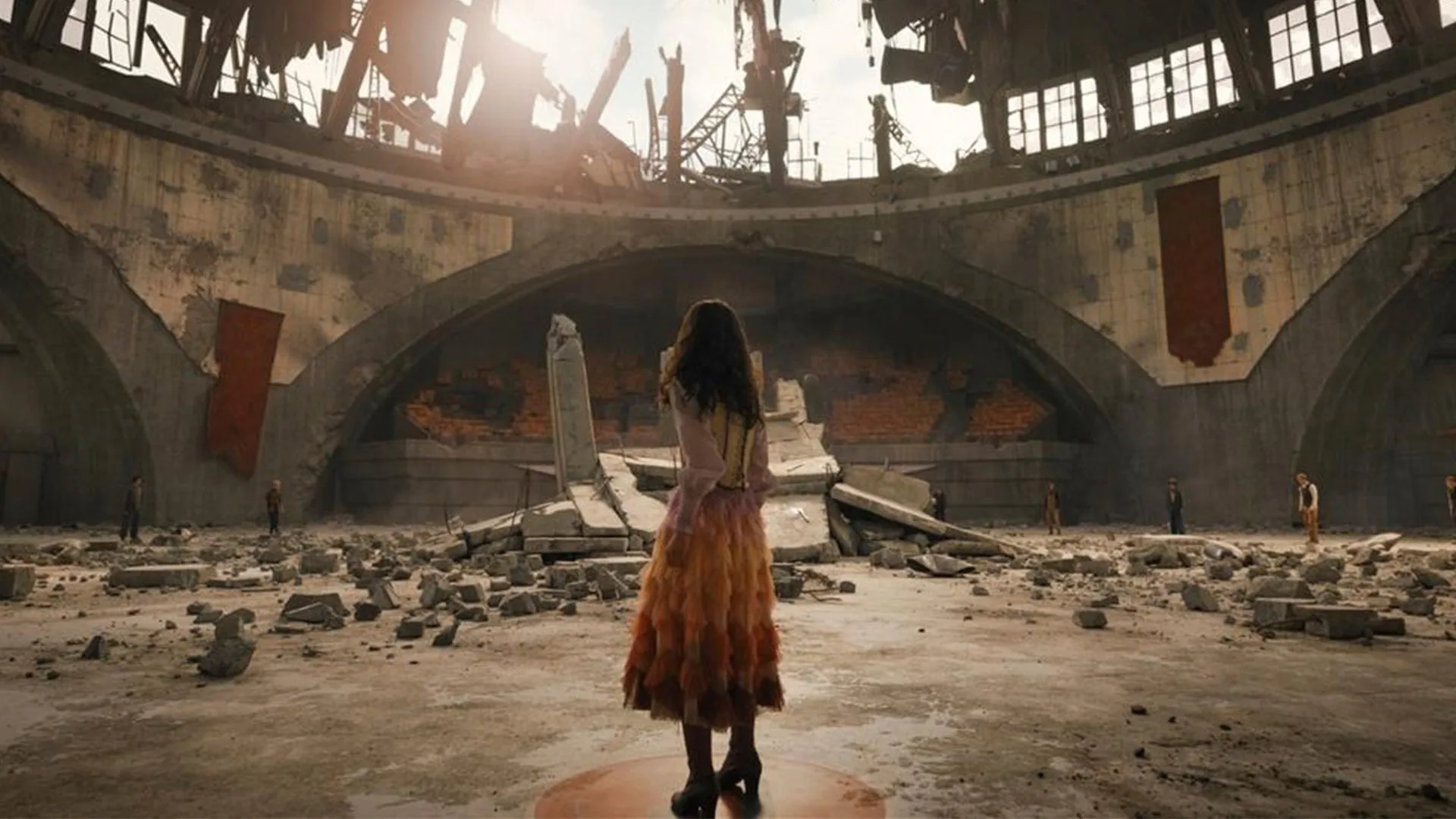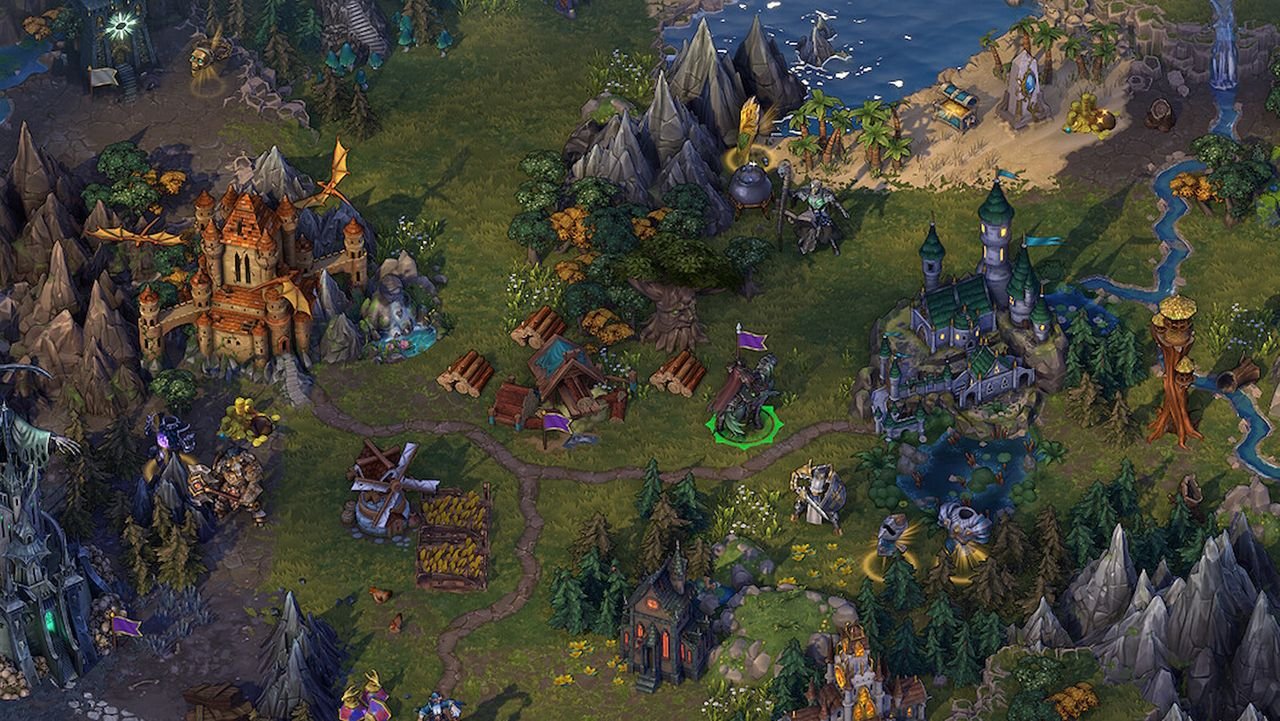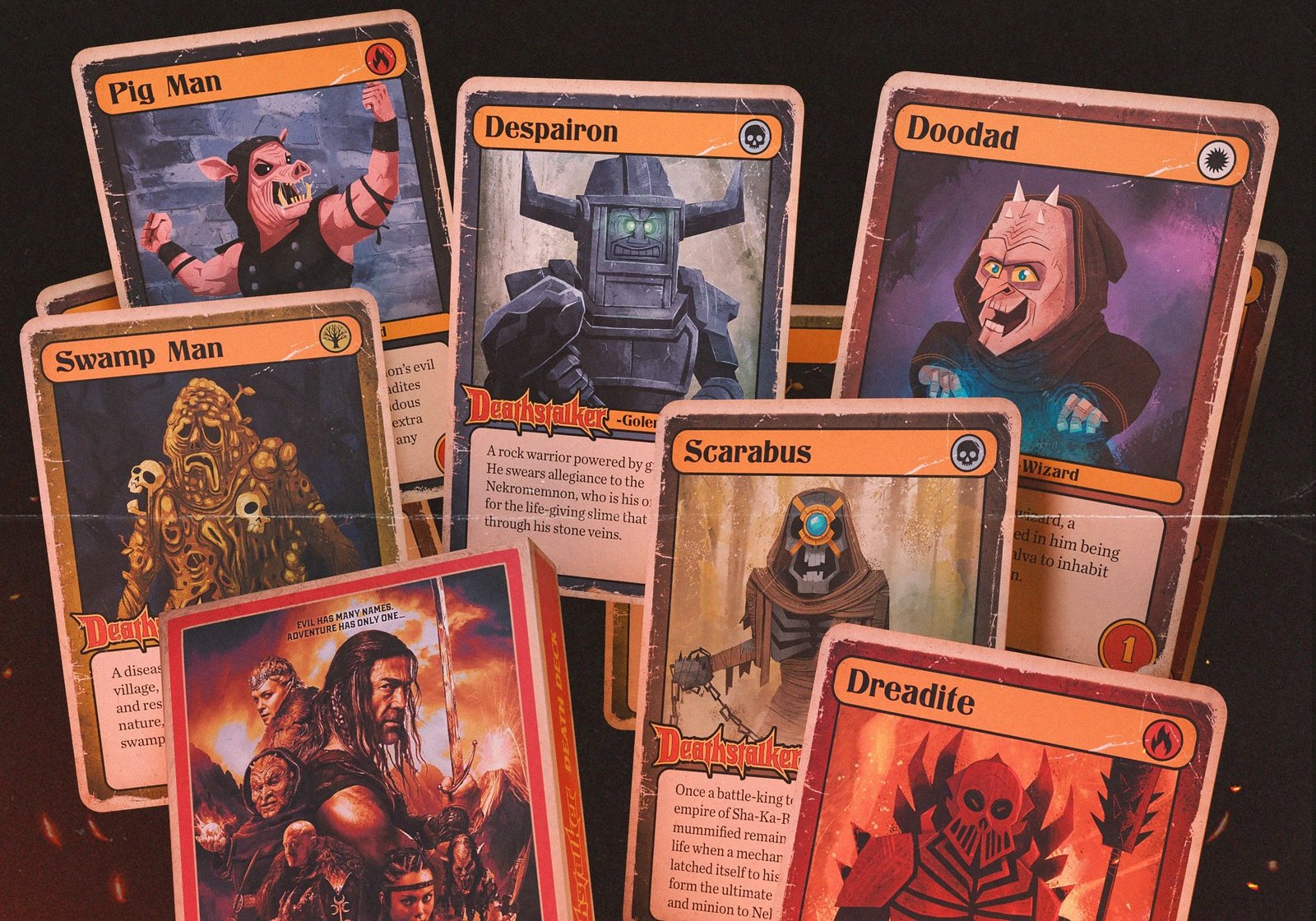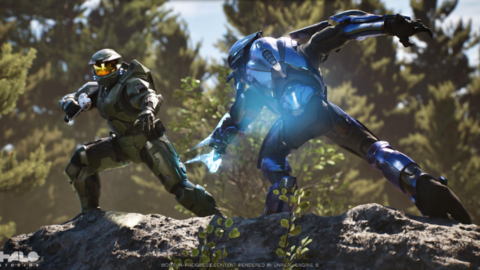The Ballad of Songbirds & Snakes Director on Why He Never Would’ve Split It Into Two Parts
Eight years since The Hunger Games: Mockingjay – Part 2 seemingly finished one of the biggest YA series ever, the franchise is back — and so is its director Francis Lawrence.
Lawrence, who directed all four The Hunger Games films from 2012-2015, returned to direct The Ballad of Songbirds and Snakes, a prequel that takes place 64 years before we first meet Katniss Everdeen. Instead of centering on a courageous young tribute like Katniss, it tells the story of Coriolanus “Coryo” Snow — or, as he goes on to become, the villainous President Snow — after he’s assigned a tribute (Lucy Gray, played by Rachel Zegler) to oversee in the 10th annual Hunger Games.
While some might balk at the idea of yet another prequel in this movie landscape, The Ballad of Songbirds and Snakes certainly feels different from previous films, thanks in large part to the fact that the games themselves are still in their early stages. As Lawrence points out, without the overly produced energy of the modern Hunger Games, “the fantasy of it all is stripped away.”
Lawrence talked more about that in a lengthy interview, also delving into why he never would’ve considered splitting the 2.5-hour film into two parts, what author Suzanne Collins told him on her initial call about it, and the actor whose performance was “all improv.” While we talked a little bit about spoilers, we’ve cut those parts out, so this is safe to read before the film debuts on Nov. 17 unless you’re trying to go in knowing nothing.
You’ve obviously spent so much of your life and career on The Hunger Games, so I’m curious: when Lionsgate calls you and says, “Hey Francis, we’ve got another one for you,” what was your initial reaction to that?
Francis Lawrence: The call that I got actually came from Suzanne Collins. So she called me prior to Lionsgate, saying that she was almost done with the book. Because when we finished the last movies, there were no plans for any more books. She’d been working on these things for 10 years – [executive producer Nina Jacobson] and I, for four or five years. That was it. And then she got re-inspired, came up with a book and called us when she was almost done with it. So we were really intrigued and excited about the possibility. And then when we read the manuscript, we went, “Okay, wow. Let’s try and figure this out.”
When you had that phone call with Suzanne, did she explain why she was so inspired to return to the Hunger Games after all this time?
Francis Lawrence: Yeah, what’s great about Suzanne is that she always starts her stories from theme. I think it’s what’s always separated her stuff out from the rest of the YA fair, is that she starts with theme and real ideas and builds stories around them. And the first series was about the consequence of war. This one, what she started to see and what she told me, was that in around 2016 she started to see this real polarization, not only just in America, but really in the world. This idea that everybody in their thinking is so far apart from one another, that she wanted to write a story about the state of nature debate.
This idea of are we as humans innately savage and brutal, or are we innately good and deserving of freedoms and rights and independence? And that’s what this is all about. And so that’s the thing that I think she got interested in and was inspired to go back into the world of Panem, and then take a character like Snow and you can see how he fits into that world of being pulled toward the good by characters like Lucy Gray and Tigris and Sejanus, and pulled toward the more Hobbesian view of humans are savaged, by people like Viola playing Dr. Gaul.
Of course you have the advantage of having Suzanne’s source material here, but as a filmmaker, how do you balance giving us the Hunger Games that we know and love, versus not making it feel like a retread?
Francis Lawrence: I think that was definitely the source material and the fresh themes, and it being thematic and telling a very different kind of story. We’re not telling a survival story. We’re not trying to just jam this back in there. We’re picking a character and telling the origin of a villain, the story of a villain and how he becomes the villain that we know from the other movies.
“We’ve never seen them quite so brutal, because the fantasy of it all is stripped away.
The other thing that’s great is it’s a period piece to the other movies. So you have an old version of Panem, to figure out and design, and do the world building of. I think part of the fun is, in doing all of that, we can, especially for fans, give nods to the origins of character, the origins of songs, the origin of spaces and architecture, and seeing how the games have changed. But also you’re seeing the games and you’re seeing everything in brand new ways, because we’ve never seen the games themselves be indoors. We’ve never seen them quite so brutal, because the fantasy of it all is stripped away, because it hasn’t been added yet. And so in a weird way, we’re doing something really unique and fresh.
The nature of the games is actually something I specifically wanted to pick your brain about. It is so much more intimate, it feels, just in that tiny arena inside. Did that make it easier to film or harder than the other Hunger Games?
Francis Lawrence: I guess it made it a little easier. I knew that it was going to change the tone, and what I like is – look, there were games on the first movie that I didn’t do. Then you go into Catching Fire and you’ve got games. And you want to always make sure that the games you do feel different emotionally. The emotional values of all the sequences feel different than the kind of games you’ve seen before. And that’s the same here. You approach it and you go, the feeling’s going to be different. The tone’s going to be different, it’s going to be more grounded. It is more intimate. You have people who have not trained, like you have in the other movies, that people are preparing for the games and all of that. All the tech is really rudimentary. And so it just creates a different playing field for me to make it feel completely new and fresh.
Going back to finding a balance here, Lucky Flickerman (Jason Schwartzman) got so many laughs in my screening. But how do you work him in as a comedic relief character without leaning too much on it?
Francis Lawrence: Some of that we found in editing. I will say that I’m a huge fan of Jason. Jason was my first choice for the role and loved him since Rushmore, and he was excited to be a part of it and signed on. And as soon as he did, I called and I said, “Look, I think that your role’s been underwritten and there’s so much more meat on the bone. And can I enlist you to help work with me and the writer to just create more?” And he worked so hard at researching the character Weatherman, and news reporters, and Vaudevillian Magicians and late night TV show hosts. And to find these quirks and little elements that start to feel like the birth of the Stanley Tucci character, but also really worked on improvising a lot of things.
And so almost now everything you see are improv lines that are based on all the research that we did and the talking that we did, and weren’t actually scripted. And I will say we probably have another two or three hours worth of Jason’s stuff. And we had to find that right line of when something is emotional or moving or intense, is it inappropriate to go to a joke?… And finding what all those moments are and where to place them perfectly. That was a little tricky, but really fun too, because we had so much material from him.
That’s funny, because I had a specific line I wanted to ask you about. (Editor’s note: we’ve cut out part of this question for potential spoilers.)
Francis Lawrence: That’s all improv. And some of it is me coming up with stuff and throwing it at him and saying, “Try this.”… We filmed him doing commercials for Capital toothpaste, and we have so much stuff.
Well, I hope to see that on the Blu-ray, because that sounds incredible.
Francis Lawrence: You know what? That actually would’ve been a good deleted scene.
It would’ve.
Francis Lawrence: Like a gag reel of Lucky Flickerman stuff.
You mention that Jason was your first choice for Flickerman – was Viola Davis your first choice for Dr. Gaul?
Francis Lawrence: Yeah, Viola was definitely my first choice. She and I have a little bit of a relationship because we’ve been developing a project together. I wanted her to do this. I called her. She obviously knew of the Hunger Games, but wasn’t too educated in it. So we had a long conversation about the books, the movies, the cast that’s involved and why they’re involved, the themes. Then into her character, and her character is tied to the themes of this book. And I had some references to talk about. But I also pitched her. I thought she’d think it was really fun to do something wildly different from what she’s done before.
I follow her on Instagram and I’d seen she posted, I think a piece of fan art, where somebody manipulated a shot of her from The Help, to look like she was in some kind of creepy horror movie. And she had this little weird sinister smile, but it was a very bright image. And I used it as a reference. And I’m like, Gaul has this sort of serious sinister underpinning, but she finds joy in her work and the creativity of her work, as evil as it is. But she also believes she’s doing the right thing. And so I think the conversation really brought her around and got her interested, and I think she had a really good time.
And I do want to make sure I talk a little bit about Tom Blyth, because I hadn’t seen him in anything else before this, but he’s so fantastic as Snow. And I’m curious how you juggled making him sympathetic enough while also making it realistic that he eventually becomes the Snow that we know? Not going too far on either end of the spectrum, basically.
Francis Lawrence: Yeah, that’s the trick in the movie. I think that was the thing, the real challenge that we all felt we had in the adaptation. And when you read the book, you’re very much in his head, so you get a lot more than we can actually show. So we had to figure out how to dramatize and visualize that character journey. We knew we had a challenge with the fans of the book in the series – books in the series know that he’s the villain and we have to get them as an audience to be behind him, to root for him, to empathize with him. Tom certainly helped with that, but I think the story itself and our characterization of him did. But we also had to work in his ambition, and his greed, and his need for power, and the darkness that is fighting within him. We had to weave that in, in a way where you feel it grow, grow, grow, grow, grow, so that you get to the end and you understand why he turns when he turns.
And it’s a pretty deep story for him – after all, the movie is 2.5 hours long and three parts. I read recently that you said you regret breaking up Mockingjay into two different movies. And I thought of that while watching this because I was like, “this seems like it could easily be two movies.” Was there any thought about making it two movies, or were you always adamant that this was going to be one, three-part film?
Francis Lawrence: The only person that ever said we could probably split it, and it was only because it’s the longest of the books, was Suzanne at one point before I even knew what the story was. She just said, “It’s the longest of the books. It could probably be two movies. I don’t want to tell you the story yet, so I don’t want to talk about where it’d be split.” And even without reading it, I was like, “Nope, I’m not doing that again. We got so much backlash.” You know what? I’d rather make a long movie.
I still think it’s a more fulfilling experience to just get the whole movie in one go.
The truth is, splitting the Mockingjay, gave audiences four hours of Mockingjay. Here we have two-and-a-half hours of Ballad of Songbirds and Snakes. I still think it’s a more fulfilling experience to just get the whole movie in one go. And I also just, honestly, like the epic nature of the narrative.
Aside from the “breaking it up into two movies thing,” is there anything else you learned on the initial Hunger Games movies where you were either thinking, “I’m definitely going to bring this to Ballad of Songbirds and Snakes” or “I’m definitely not going to do this”?
Francis Lawrence: That’s definitely the biggest thing I learned. Although the way the world works, I guarantee, because our movie’s two and a half hours, there will be a bunch of critics that probably gave us shit for splitting Mockingjay in two and saying, we should have split this one in two. I know it’s going to happen. But anyway – no, that was the big one, I think. I think that really was the big one, that it’s just, create these movies that are standalone fulfilling experiences. I think the frustration is that first Mockingjay, making people wait a year to get the finale, when we could have done it in a nice, chunky, big, satisfying full movie, I think just would’ve been a better experience for everybody.
Because we are IGN and because I am personally curious, I do want to ask you about the BioShock movie that you’re directing. I would say you are a master of adaptation at this point, but this is your first crack at a video game. What about BioShock jumped out to you, made you think it would be ripe for adaptation?
Francis Lawrence: So there’s a lot of things that draw me to movies. I will say, one thing that is a common thread in all the movies I do, is that I like stories about very solitary figures. That doesn’t mean that they’re always by themselves, but they’re on these solitary journeys. And if you know anything about BioShock, the first game, the lead character who is the video game player, is a very solitary figure going on a very solitary journey, which I love. The other thing that I really look for is the world building possibilities, because I like the visual side of filmmaking. I like the world building side of filmmaking and all the layers. And the idea of helping bring a rapture to life in a feature film is super, super exciting. And all the detail and going back into what was it like when it was thriving and alive, and what’s left over? And there’s elements of I Am Legend in that, which I’m really excited to bring to life.
But the other thing, and the real reason I’m hooked on BioShock, is just that the mythology and the thematics are so rich and so deep, that it gives the heft to it that most video games don’t have. And it’s why I like this, because she always writes about theme. And I think Ken Levine, when he created that game, had real ideas and very thematic ideas, and created such a dense, meaningful mythology to it all. It’s just an amazing foundation to start from.
I know there’s only so much you can say, but can you give us an update about where it is in development?
Francis Lawrence: Yeah, we got a little stuck. I was hoping we’d be further along before the writer strike. We got a little stuck during the writer strike, but now that part’s over. And I will say that I have a draft that I’m super, super excited about.
The Hunger Games: The Ballad of Songbirds and Snakes hits theaters on Nov. 17.











Post Comment